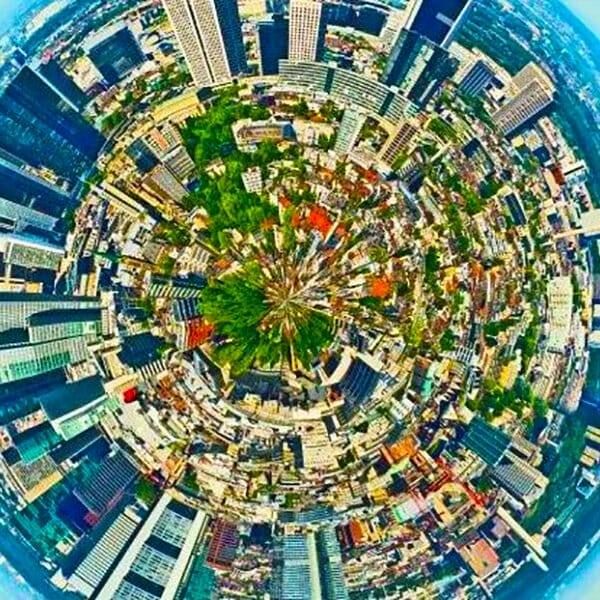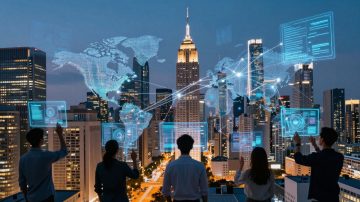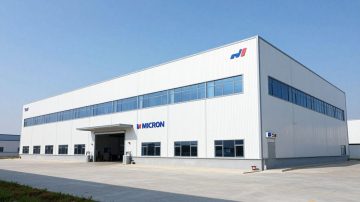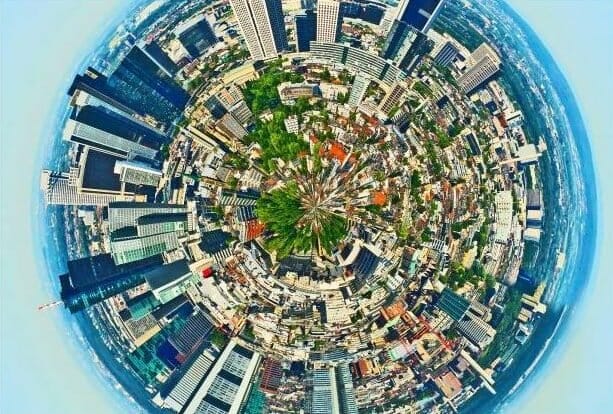
The idea of the circular economy has been growing in popularity in recent years.
This has been further driven by the damage that the human race has done to
ecosystems worldwide as a result of waste, and carbon emissions. The circular
economy has underlying pretexts that would lead to the reduction of such issues. An
increasing number of people believe it could be built on to encourage innovation,
increase employment and even enhance economic growth. There are many ways in
which this would be advantageous for society, hence the numerous supporters of
these concepts.
Fundamentally, the circular economy sees aiming towards zero waste as being of
critical importance. It emphasises the concepts of using design principles and best
practice in the use of materials, as well as efficiency in resource and energy use to lower environmental impact and enhance economic growth. It additionally considers the importance of how items are managed when they are no longer useful, with a view
to lowering carbon footprints and waste generation. It is thought that this will help us to work towards a society that is fairer and sustainable but also more prosperous.
Some believe this does not go far enough.
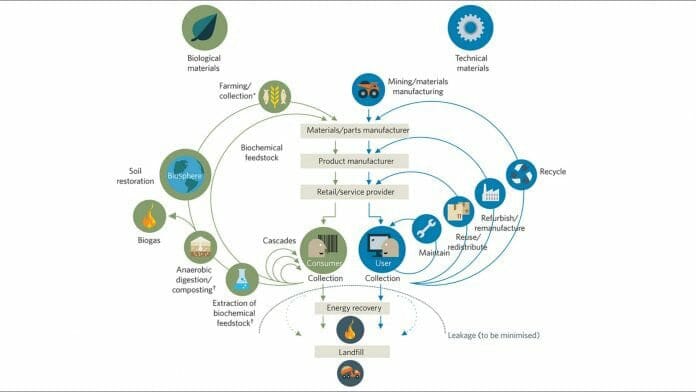
The reasoning of these critics seems sound. They believe that flows of materials and
energy cannot continue forever, because these resources are finite. As explained by
Post Growth:
“Materials can keep circulating through being designed for disassembly and remanufacturing, or kept in use longer, through being designed for durability,but if the ‘circle’ or total demand for materials and energy keeps expanding, we have not solved our civilisation’s challenge.”
The argument goes that there are only so many minerals, nutrients and resources, and only so many supplies of energy. Also, we must consider other species living on our planet as well. Continuing to increase our use of energy and other resources will be damaging, and this will lead to efficiency gains not making much difference, in the end.
The real circular economy
It is argued by advocates of the “real circular economy” that today (in general) people have standards of living that are higher than at any other time in our past. They believe that measuring growth by GDP is flawed, because it does not consider the damaging consequences of certain activities. After all, some value is created by volunteering and caring work, as well as work in the home, but this is not considered as growth that adds value. Yet, it may be argued that this growth is much more valuable than that which generates oil spills, heart attacks and deforestation – yet the latter is at a basic level measured by GDP as being of value.
This is because the latter all leads to goods and services being exchanged. This leads into the idea that economic growth is not very economic at all if it is polluting or damaging to quality of life, or if indeed it damages ecosystems. This concept may be referred to as “uneconomic growth”. There is a mismatch between the fact that we are continually consuming more, yet trying to work towards an idea of sustainability at the same time. The two will not, and cannot work together. What needs to be done, is to build a better definition of what is meant by the circular economy.
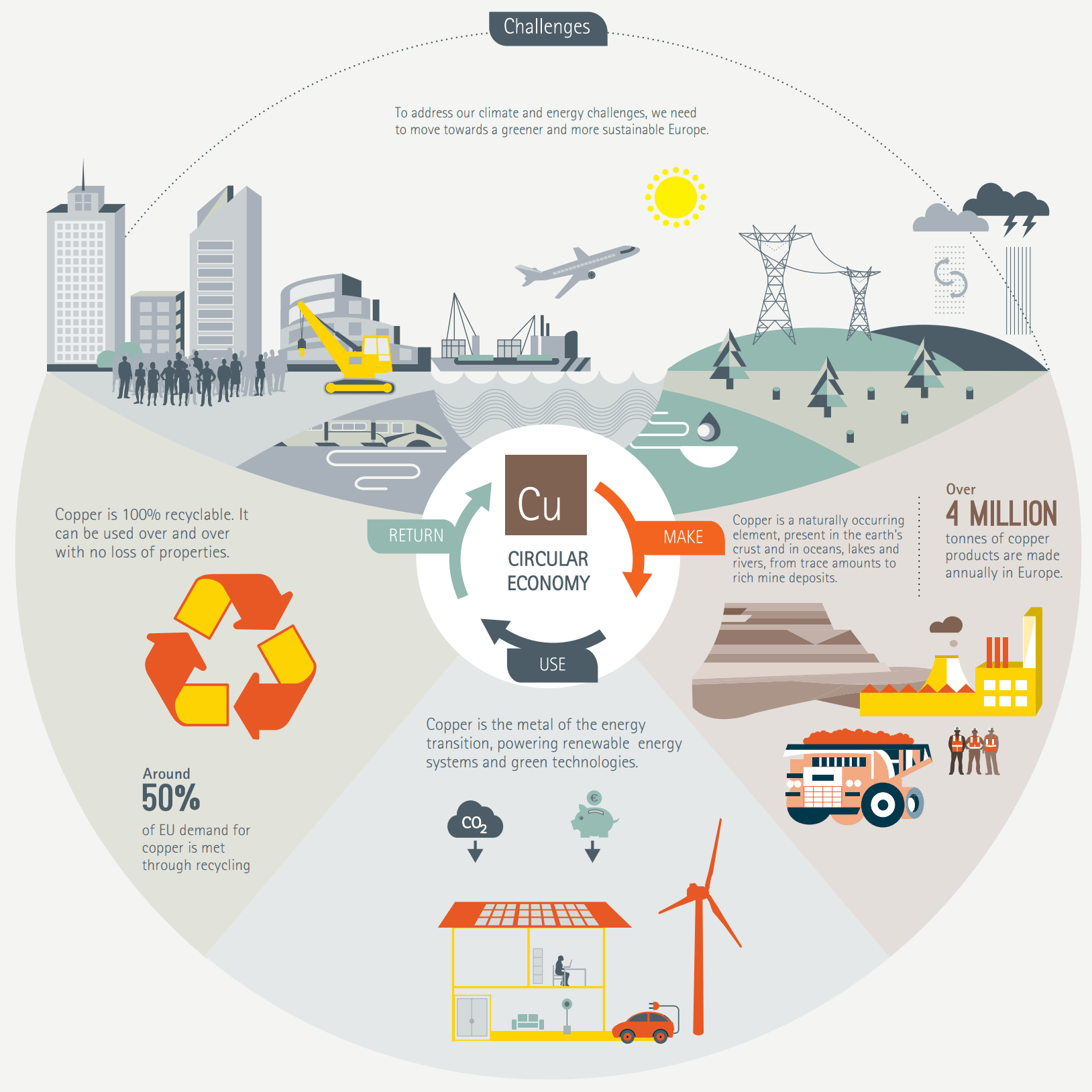
Without doubt there is a need for technological solutions to try and help the circular economy along its way. Yet this alone will be insufficient to ensure that our future can be safeguarded. Thus while technological solutions that help us along our way towards a more circular economy have a role to play, they are not everything. We need to work towards developing other systems that will build a circular economy.
This means consideration of cultural factors, as well as social issues and economic markers too. It is only by looking at the wider issues at play, and all the elements that impact on the development of a circular economy can we actually build a society that is more sustainable. This will allow us to live within the finite resources that we have, rather than continuing to hope that we can squeeze more out of them through technological advances. Incorporating these principles will help us towards delivering a real circular economy.

Founder Dinis Guarda
IntelligentHQ Your New Business Network.
IntelligentHQ is a Business network and an expert source for finance, capital markets and intelligence for thousands of global business professionals, startups, and companies.
We exist at the point of intersection between technology, social media, finance and innovation.
IntelligentHQ leverages innovation and scale of social digital technology, analytics, news, and distribution to create an unparalleled, full digital medium and social business networks spectrum.
IntelligentHQ is working hard, to become a trusted, and indispensable source of business news and analytics, within financial services and its associated supply chains and ecosystems
